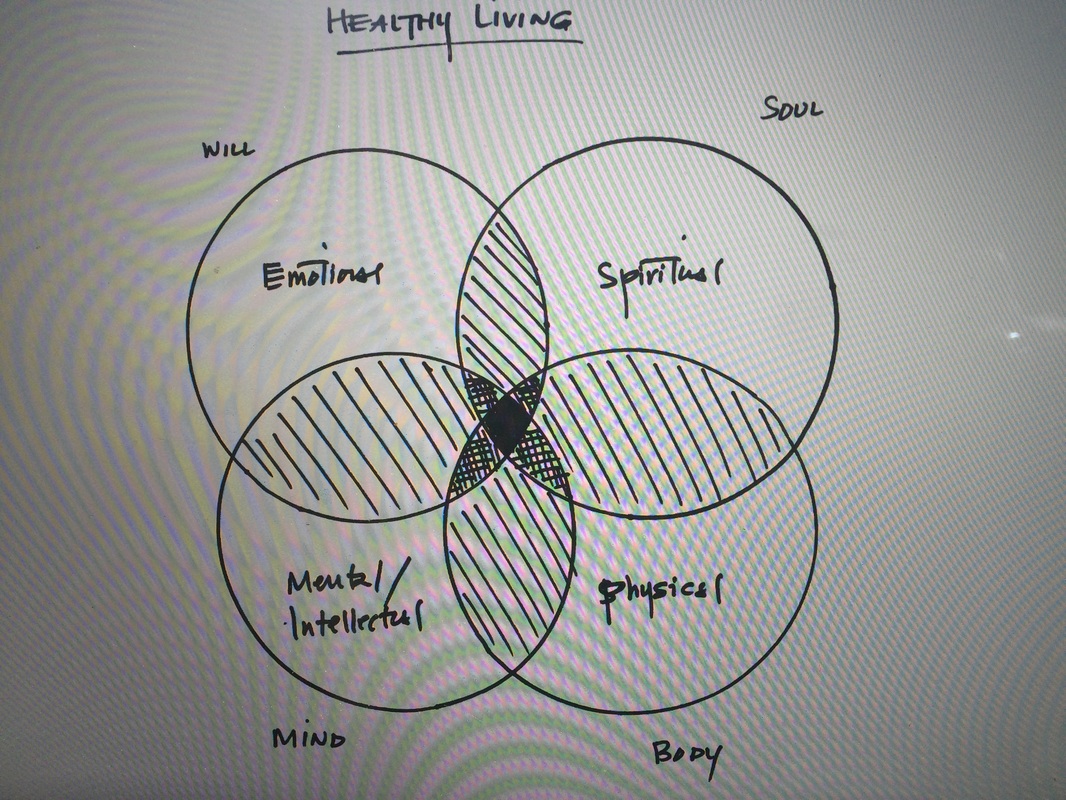To desire is to own the wanting.
It’s not in•ti•ma•cy, it’s “into me, see”?
Every couple lives in the shadow of the third.
Eroticism is the poetry of sex.
Tell me how you were loved, and I will tell you how you make love.
Fire needs air.
The goal is the integration of commitment and freedom despite the fact that to not lose the other we lose parts of ourselves.
The problem starts when you're taught as an American child that "sex is dirty but you should save it for the one you love."
In every relationship, one person is more in touch with the fear of losing the other ...
and the other person is more in touch with the fear of losing self.
(It's a paradox that each couple has to manage; not solve.)
Anything that stimulates parental/caregiving response(s) is an erotic block.
New monogamy is a continuum -- it's a contract of fidelity and loyalty (vs. exclusivity). Today, monogamy is one person at a time.
If you depart the relationship of the dyad, people get upset. You’re taking risks they cannot take.
When there is crisis in a relationship, something is missing at home ... or in yourself.
Chances are each of us will have two to three committed relationships in our adult life. Some of us will do it with the same person.
Consider “eros” in whole.
Esther Perel, author of Mating in Captivity
Esther Perel was in fine form at her sold out JCCSF event on May 15, 2016. Her stage presence was at once confident, breezy and clinical. She’s the best therapist you’ve ever had AND she’s your BFF. She has a lot to say and does so as an intellectual ninja, eliding Spinoza, Kant (existential inquiry: can we want what we already have?) and Helen Fisher (why does good intimacy not correlate to good sex – biologically?) in one cogent answer to a very complex issue, namely, wherein lies the intersection of desire and modern love? Or freedom and commitment for that matter? Or self and other? Such confounding dialectics dominated the conversation, yet Perel was in complete command of the content. Self-assured, funny, attractive—you KNOW she knows from which she waxes authoritative. Let's just say certain audience members couldn't take notes fast enough.
She started by deftly covering 100 years of sexual history (contextually) in three minutes, which went something like this:
- We used to live in collectives.
- The collectives told us how to live … and how to love.
- In the 1900s, we moved to cities and became more individualized (free to choose).
- Along with the freedom to choose came more loneliness.
- Consequently, we are alone more often.
- Thus, the choice of partner becomes that much more important (all eggs in one basket).
- We expect our partner to give us what the entire village (aka the collective) used to provide.
- Our partner has to meet all our needs, all the time.
- Ergo … we’re F*#%ked.
Perel hails from Antwerp, Belgium, a town populated by Holocaust survivors and their progeny. Her research was sparked when she couldn't help but notice that there were two groups of people in Antwerp: (1) those who did not die, and (2) those who came back to life. The latter considered the erotic to be the antidote to death. (I made a note: READ UP on Jewish Mysticism!) She wanted to know more about that group. And off she went to NYC and Columbia.
She is an idea excavator who doesn't flinch, much less sugarcoat. She delved deeply into our psyches, forcing us to shift our “what-have-you-done -for-me-lately?” default with the following conversational gambits:*
- When I love, how does it feel? (vs. when I love, what do I do? Or when someone loves me, how do they show it?)
- I turn myself off when … (fill in the blank … list at least ten things][Meta message: you gotta own your sexuality.)
- I turn myself on when … (fill in the blank … list at least ten things][Ditto.)
- I am most drawn to my partner when (fill in the blank ... list at least ten things). Perel tipped her hat on this one, sharing that the research reveals we are most drawn to our partner when (a) they are radiant, confident and evince an erotic elán, (b) they surprise us … by doing something completely novel (I'm resisting the urge to insert suggestions here), and (c) they are away … allowing us the opportunity to reconnect to our imagination about them.
She considers sexuality a language with the following important verbs (conjugate people!):
1. to ask
2. to give
3. to take
4. to receive
5. to share
6. to refuse
7. to imagine (icing/cake)
My takeaway, of many, from the evening: the conventional notion is to bring sex to love and love to marriage.
The challenge, however, is to bring love to marriage and sex to love.
* Perel took a LOT of questions and comments from the audience; her answers were remarkably nimble -- I've only seen George Saunders come close.

 RSS Feed
RSS Feed